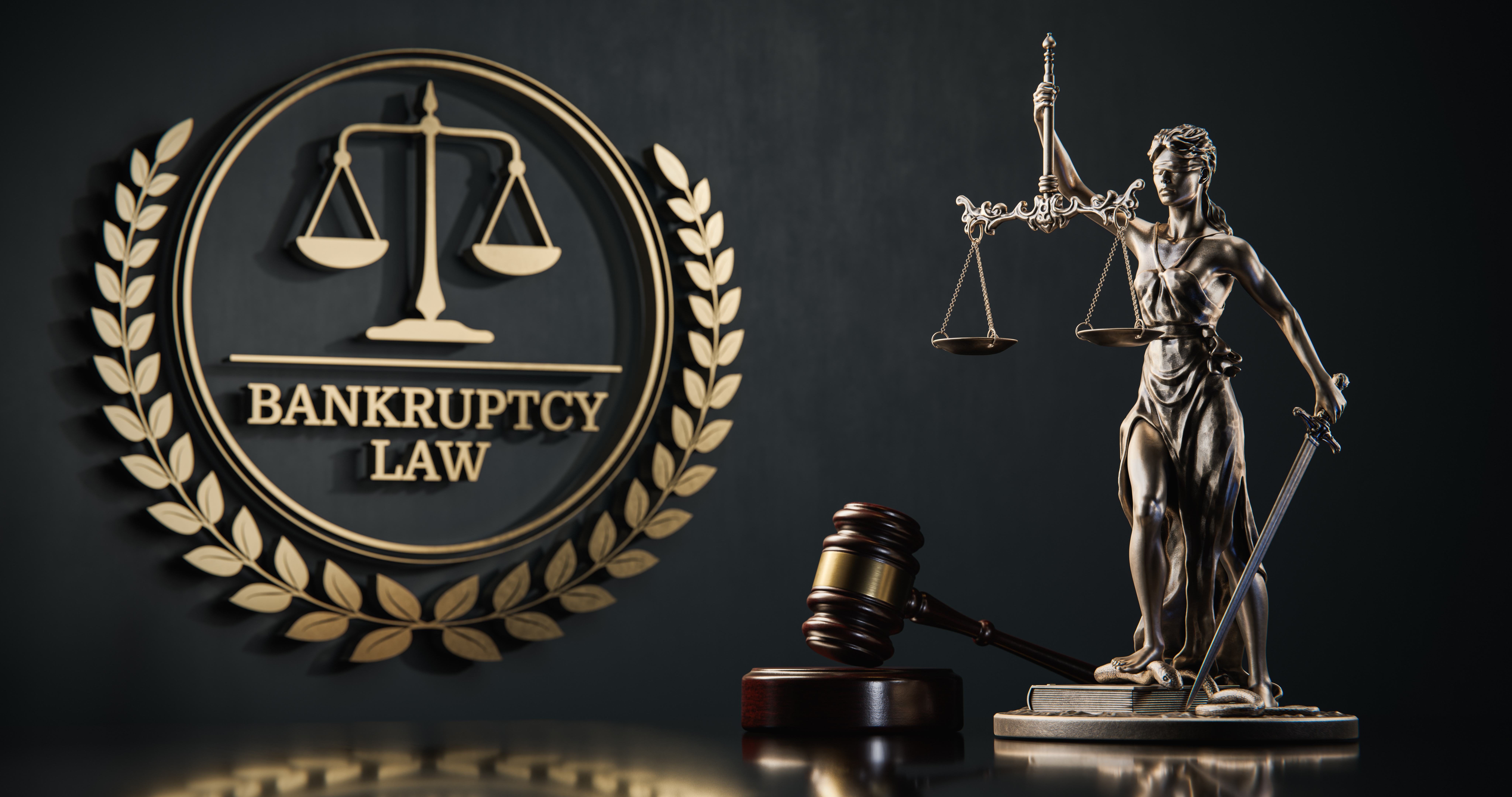The intersection of the Fair Labor Standards Act (FLSA) and bankruptcy law raises important questions for employers facing financial distress. One key issue is whether FLSA claims for unpaid wages can be discharged during bankruptcy proceedings.
This article breaks down the factors courts consider when determining the dischargeability of FLSA claims and what it means for companies and employers navigating these challenges. This article solely examines Chapter 7 Bankruptcy in relation to FLSA claims due to its relevance in addressing the liquidation of assets and resolving wage-related liabilities
If you are a business owner navigating bankruptcy while facing FLSA claims, consulting a business law attorney with expertise in both bankruptcy and employment law can help you understand your obligations and develop strategies to mitigate legal risks.
1. What Does It Mean for a Claim to Be Dischargeable in Bankruptcy?
A dischargeable legal claim in bankruptcy results in a permanent order barring creditors from taking any collection actions on discharged debts. Generally, a debtor will automatically be granted discharge unless litigation follows. Creditors are notified that the debts have been discharged and are prohibited from making any further collection attempts.
2. Key Factors Determining Dischargeability
There is no specific provision in the Bankruptcy Code that makes unpaid wages automatically non-dischargeable. As a result, simply failing to pay wages under an FLSA claim does not, by itself, prevent the debt from being discharged. If however, the facts support willful and malicious conduct under § 523(a)(6) of the Bankruptcy Code, such as knowingly failing to pay wages despite having the means to do so, the FLSA claim may not be discharged.
Additionally, a finding of malicious conduct may arise when an employer intentionally seeks to harm an employee’s economic interests, such as by deliberately withholding wages to cause financial hardship. Courts typically examine the employer’s intent and behavior to determine whether the failure to pay wages was willful and malicious or simply a result of financial distress or operational mismanagement.
3. Implications for Employers
While bankruptcy may provide the company-debtor with protection against claims for unpaid wages, it does not shield individual owners, officers, or managers from personal liability under the FLSA for these claims. In Boucher v. Shaw, the Ninth Circuit Court of Appeals ruled that the Chairman and CEO, Chief Financial Officer, and a third manager of a bankrupt casino could be held personally liable for FLSA violations, despite the casino having filed for bankruptcy.
4. Summary
Generally speaking, a FLSA claim against a company is dischargeable. However there are two exceptions:
- (1) If the claims involve willful and malicious conduct, the claim may not be dischargeable and could remain a financial obligation; or
- (2) If the FLSA claim is against an individual who qualifies as an employer. For more information on whether you qualify as an employer, see Can You Be Sued Personally Under the FLSA? What Employers Need to Know.
5. Conclusion
Facing FLSA-related challenges during bankruptcy can be daunting, and consulting an experienced attorney can help you navigate the complexities with confidence. If you have questions about the dischargeability of FLSA claims or need guidance on your obligations, our knowledgeable business law attorneys at EPGD Business Law are here to help. Call us at (786) 837-6787 or email us to schedule a consultation.








